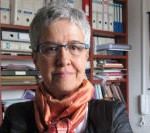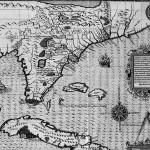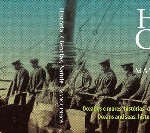December 2019

Franco Basaglia
“When we say no to the asylum, we say no to the misery of the world, and we unite with all the people that struggle for emancipation” (Basaglia, 2000, p.28).
In 2018, the Basaglia Law (1978), which decreed the closure of psychiatric hospitals in Italy, completed 40 years. The psychiatrist Franco Basaglia dedicated his life to the struggle against the violence of total institutions and, in particular, mental asylums.
Born in Venice in 1924, he studied medicine in the mid- 1940s, when he got involved with a group of anti-fascists students and joined The Resistance, a military and political movement, being held captive for six months in a local prison.
In the early 1960s, Basaglia understood that psychiatry in Italy was outdated, where almost hundred thousand were confined in mental asylums. For some biographers, his experience being confined in a prison was fundamental in his opposition against the asylum system.
This article offers a reflection on the human, intellectual, and professional trajectory of Basaglia, highlighting his criticisms of the backwardness of university clinics, his interest in the therapeutic dimension of care (Binswanger and Minkowski), the influence on his thinking of European philosophy more open to the complexity of the human being (Husserl, Jaspers, Merleau-Ponty, and Sartre), and his encounter with historical (Foucault), sociological (Goffman), and anti-institutional (Fanon) perspectives on mental health.
Read in HCS-Manguinhos:
Serapioni, Mauro. Franco Basaglia: biography of a revolutionary. Hist. cienc. saude-Manguinhos (v. 26, n. 4, Oct./Dec. 2019).
Amarante, Paulo. An adventure in the insane asylum: the life of Franco Basaglia. Hist. cienc. saude-Manguinhos. (vol.1, n.1, Jul./Oct. 1994) pp.61-77. ISSN 0104-5970.









